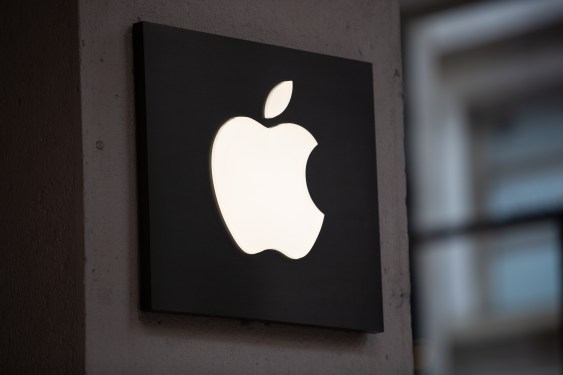Apple’s New AI Models: Falling Behind in the Tech Race

Apple has made recent updates to its suite of AI-driven features across iOS, macOS, and other platforms. However, the benchmarks presented by the company indicate that these new AI models are not outperforming their older counterparts from rivals such as OpenAI. According to reports, testers deemed the text generated by Apple’s latest on-device model, which operates offline on devices like the iPhone, to be on par with similar offerings from Google and Alibaba but no better. Furthermore, Apple’s more powerful cloud-based model, called Apple Server, lagged behind OpenAI’s advanced GPT-4o in a comparison of performance ratings.
In an astonishing twist, the evaluation of Apple’s image analysis capabilities illustrated a preference among human reviewers for Meta’s Llama 4 Scout over the Apple Server model. This finding raises eyebrows, considering that Llama 4 Scout has generally been rated lower than leading models from tech giants such as Google, Anthropic, and OpenAI in various evaluations.
These benchmark outcomes lend weight to notions that Apple’s AI research division faces significant hurdles in keeping pace with its competitors amid a fiercely competitive landscape. Over the years, speculation has increased regarding Apple’s perceived shortcomings in AI capabilities, culminating in customer lawsuits alleging the company has marketed features that have yet to be effectively delivered.

Apple’s On-Device AI model, comprised of approximately 3 billion parameters, facilitates functionalities such as summarization and text analysis, where a model’s performance often correlates with its size. The tech giant claims that both Apple On-Device and Apple Server enhance efficiency and functionality compared to previous iterations and can interpret roughly 15 languages. This improvement is attributed to a broadened training dataset encompassing images, PDFs, documents, manuscripts, infographics, tables, and charts.
As of Monday, Apple has opened its AI capabilities to third-party developers through its Foundation Models framework, paving the way for expanded innovations and usages.
In a rapidly shifting digital realm, observers are questioning how Apple will maneuver amidst rising performance standards and rising competition, especially with the impending upgrades to their personal assistant, Siri, being indefinitely postponed. The results from these recent benchmarks could signal the need for a strategic re-evaluation in Apple’s approach to artificial intelligence development, or risk falling even further behind its rivals in this critical tech evolution.
